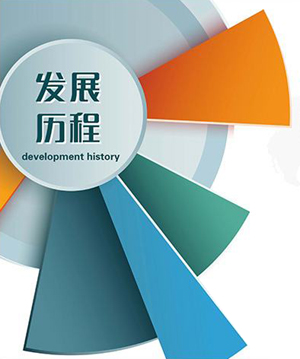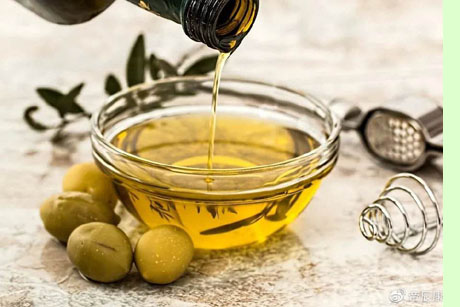|
Development history:
 In 2008, we began to investigate the olive industry and market. In 2008, we began to investigate the olive industry and market. In 2009, we invited the Spanish olive oil expert Marques to join us, and he led us to Italy, Spain, Tunisia, Albania, and then to the United States, Chile, Argentina and Australia and other countries and regions to conduct a field research. According to the investigation results, three first-level suitable areas were delineated, namely Liangshan in Sichuan, Wudu in Gansu and Chuxiong in Yunnan. After comprehensive comparison of geographical environment, climatic conditions and the participation of local government, Liangshan of Sichuan was finally selected. Through research on meteorological data of the past 30 years and multiple analyses of water quality and soil quality, we selected three main varieties. In addition, we also carried out small experiments on 21 varieties at the same time to prepare tree species reserves. In 2011, we decided to plant in Liangshan; In 2012, the first batch of 600 mu was started; In 2015, the second batch of 2500 mu was started; In 2018, it began to be fully rolled out and planted on a large scale; In 2021, more than 20,000 mu had been planted. Brand story:
Foreign plantations are constrained by high labor costs, they began fully mechanical production many years ago. The downside of this is that harvesting is free falling fruit. High-quality extra virgin olive oil can only be extracted from olive fruits at the very beginning of the green fruit stage. Olives entering the free-falling stage have entered the red or even black fruit stage, and more than half of the nutrients have been lost. At the same time, due to excessive maturity of red and black fruits, they are easy to ferment and deteriorate after harvest, and cold pressing will lead to excessive rotten smell and sour taste in oil products. Therefore, most foreign manufacturers use 220 high temperature refining method to extract olive oil, also known as refined olive oil.  The annual rainfall in Liangshan State is about 1000 mm. Rainwater is concentrated in June, July and August. Most of the rain will flow into the river and be discharged. The soil moisture cannot support the fruit planting. In particular, Huili pomegranates are deciduous trees in winter. Many fruit trees need large amounts of fertilizer and water. The water resources are not sufficient, so farmers need to extract a large amount of groundwater. This cannot solve the problem of water shortage of fruit trees, which is very harmful to the environment and soil in the long run. Olives, on the other hand, do not shed leaves all year round. The fruit does not contain much water. The water demand is one-third to one-fifth of the ordinary fruits, which is very beneficial to the maintenance of the natural environment. Massive planting is also conducive to maintaining the ecological environment of the entire Anning Valley and promoting the development of ecological economy and tourism. |